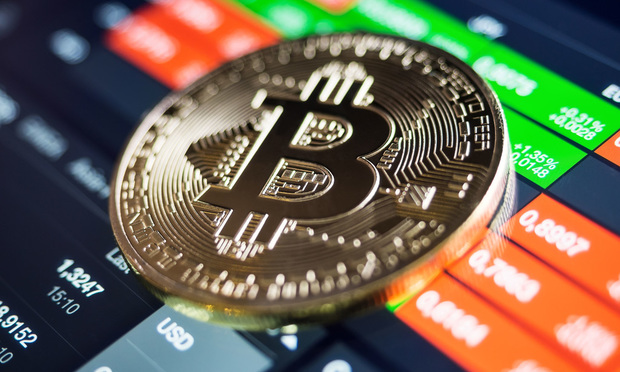Some investors think that Bitcoin and other digital currencies which employ the block chain technology are transformational and the way of the future. Others believe that Bitcoin represents a speculative asset bubble which is not being used for the purpose for which it was invented—a medium of exchange. While the debate about the nature and future of Bitcoin rages in the marketplace, sparked by recent volatility in its price, courts also cannot agree on the nature of Bitcoin and whether, legally speaking, it constitutes “money.”
Florida Decision Holding Bitcoin Is Not Money
In a Florida criminal case, the defendant advertised the sale of Bitcoin on an Internet website and met with an undercover officer who told him that he wanted to buy Bitcoin for the purpose of paying for stolen credit card numbers. In dismissing an information charging the defendant with money laundering and being an unlicensed money transmitter, a Florida trial court stated: “This Court is not an expert in economics, however, it is very clear, even to someone with limited knowledge in the area, that Bitcoin has a long way to go before it is the equivalent of money.” Florida v. Espinoza, Case No.: F14-2923, at 6 (Fla. Cir. Ct. July 22, 2016). The court noted that Bitcoin was not commonly used as a means of exchange, was not accepted by most merchants, fluctuated wildly in price, and is not backed by anything of intrinsic value. With regard to the money-laundering count, the court indicated that it was “unwilling to punish a man for selling his property to another, when his actions fall under a statute that is so vaguely written that even legal professionals have difficulty finding a singular meaning.” Id. at 7.


 Bitcoin
Bitcoin




